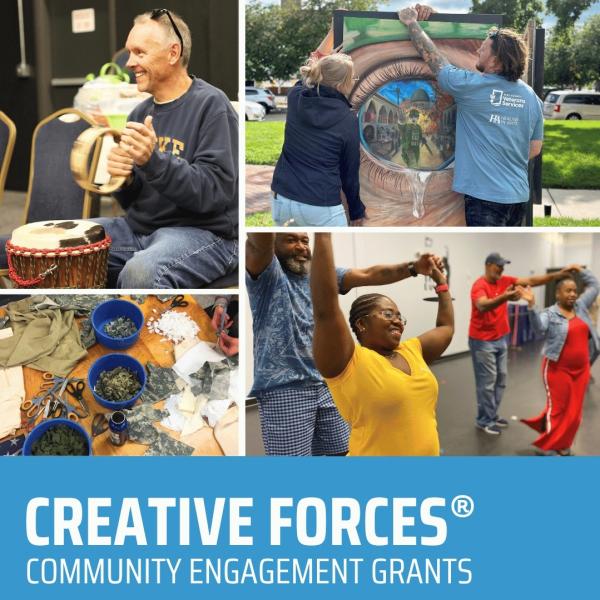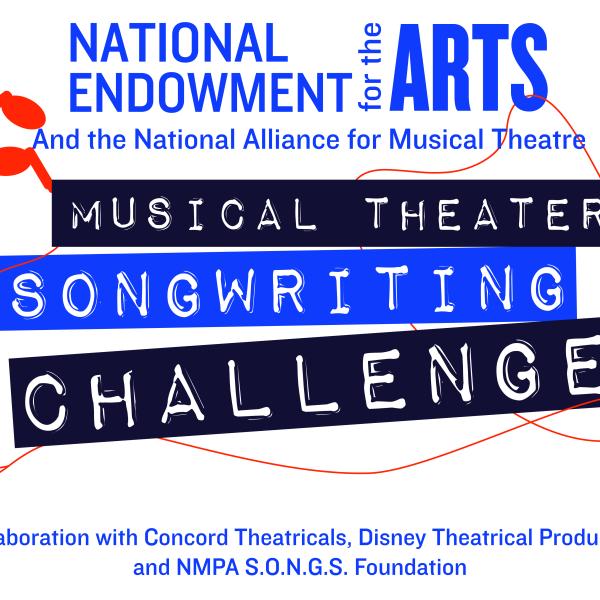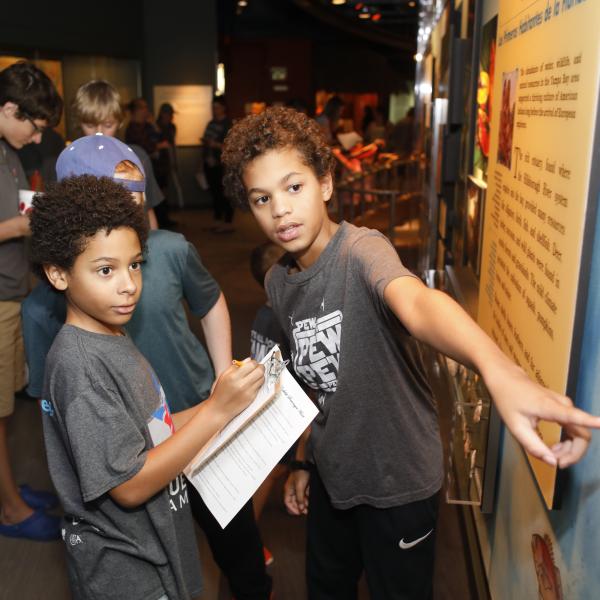National Endowment for the Arts Statement on the Death of 1992 National Heritage Fellow Gerald Hawpetoss

It is with great sadness that the National Endowment for the Arts acknowledges the death of 1992 National Heritage Fellow Gerald Hawpetoss, a Menominee/Potowatomi Regalia Maker from Milwaukee, Wisconsin.
Hawpetoss’s great-grandmother was an important Menominee moccasin maker and passed on her skills to Gerald's great-aunt, who, in turn, passed them on to Gerald. He learned every aspect of making moccasins: tanning the deerskin in the traditional way; the three main types of moccasin design; and the beadwork, quillwork, and ribbon appliqué designs selected from a large repertoire of traditional motifs particular to the many tribes and subgroups in the region. Hawpetoss also became a master of beadwork, featherwork, and the making of all parts of the traditional Menominee dance regalia, including roach headdresses woven from porcupine and deer tail hair, elk horn headpieces, and dance bustles. He became expert at creating the osakapun, a fingerwoven beadwork widow's funerary ornament. In addition, he became very knowledgeable about the meaning of his creations in terms of Menominee religion. Hawpetoss taught at the Indian Community School of Milwaukee; participated in the Wisconsin State Folk Arts Apprenticeship Program; and was listed in the state's artist-in-education directory.
Visit the National Endowment for the Arts’ website to read more about Gerald Hawpetoss. A portrait of him by Tom Pich is available for media use. Contact 202-682-5744 to request permission.
Related Content
Contact
NEA Public Affairs
202-682-5570





